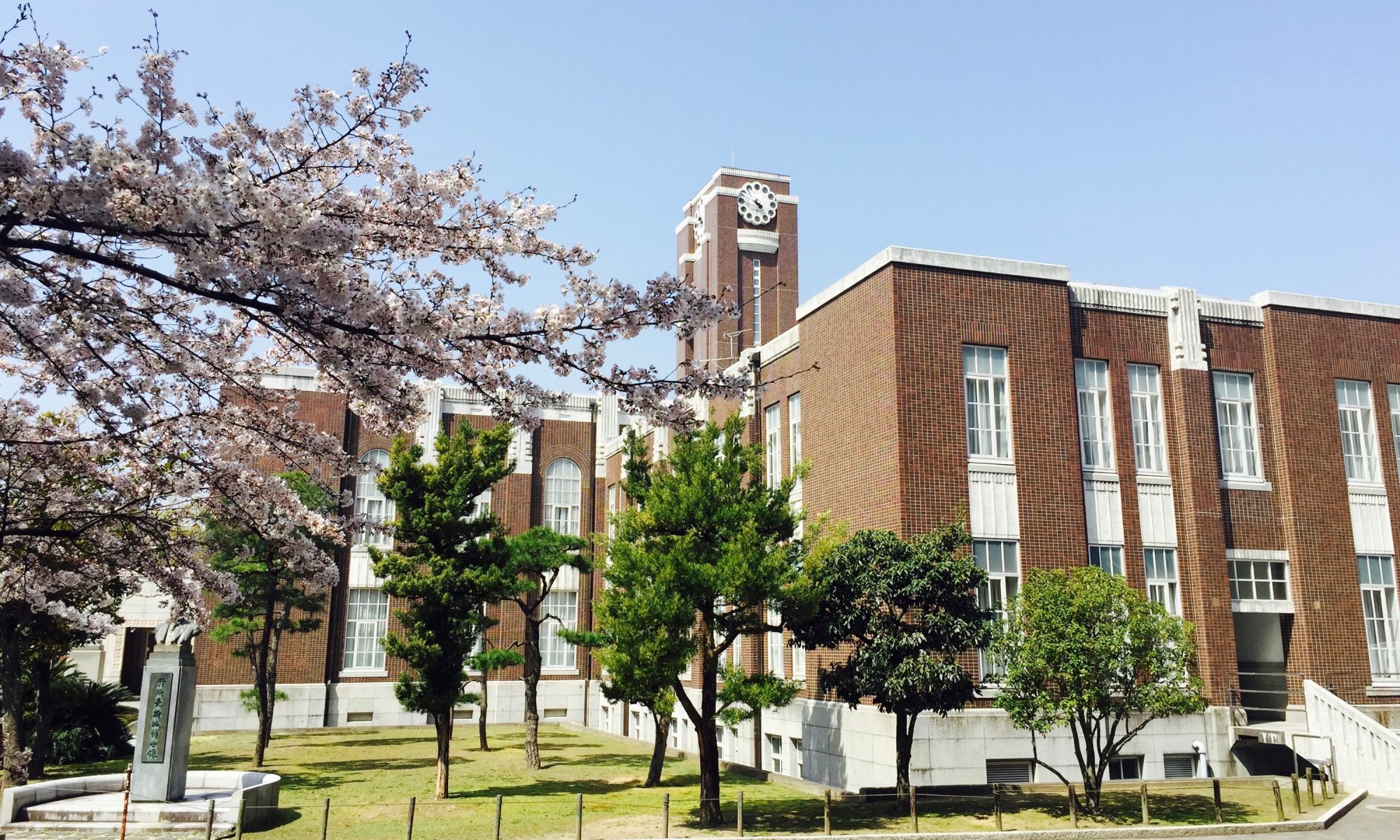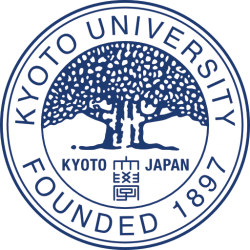Teacher: Björn-Ole KAMM
Course Code: JK40001
This course deals with leisure and play as matters of concern for politicians and many other actors in and outside Japan.
Taking cues from relational materialism and a transcultural approach to studying culture as ordering difference, this course seeks to engage actors with an ideal narrative about Japan and Japanese culture (e.g., expressed in leisure policies), “how they ought to be.” The goal is to analyze the decisionmaking as well as the mechanisms, embodiments, and performances employed to reach that ideal. Such ideals and strategies are always in conflict with other ideals, thus, always limited. Of interest are such orderings that actors are able to sustain and, of course, where they fail.
The picture of agents making a move and others a counter move, so that the outcome is not random chaos but that still no one has complete control, the metaphor of society or culture as some kind of game, framing social interactions as a game, asks to be taken seriously. Thus, this class includes a group project of designing a gaming simulation about leisure policies and nation-branding, such as a card game about tourism and taxes or temples and commodification.
Course Information
Module: Research and Advanced Studies
CATS Requirements: BA 3rd. year or above
Link to course material on PandA.
Day/Period: Wed/3
Location: Sem. 9
Credits: 2
Course Goals
First and foremost, students will learn step-by-step protocols for critically reading existing literature and studies, followed by a framework for analyzing cultural phenomena by focusing on describable attempts of ordering (discourses, institutions, embodiments) that produce these phenomena using the example of Japan in a transcultural context.
Course Schedule and Evaluation
For a detailed course schedule, please visit KULASIS or PandA.
To JDTS/MATS students: This course can be taken as either reduced (4 ECTS) or full seminar (8 ECTS). Please indicate your ECTS requirement to the teacher.
All students: Homework (20%), exercise and presentation script (50%), feedback (10%), active participation (20%). For a full seminar (8 ECTS): An additional research paper (counting 30% of the overall grade).


